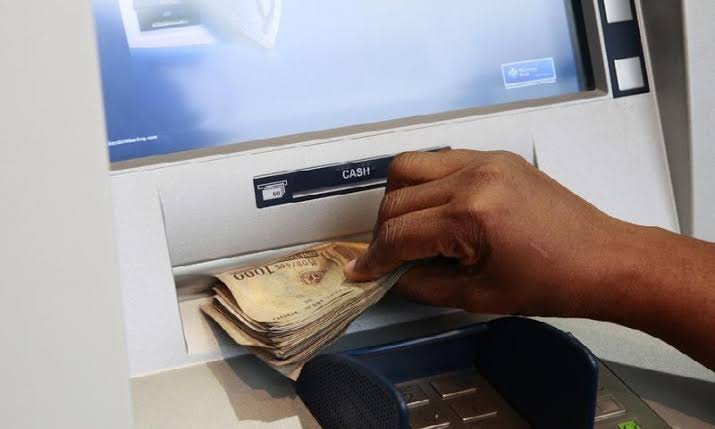It was a busy afternoon in Lagos, and you had just stepped out to withdraw some cash from the nearest ATM.
As you inserted your card, a message flashed on the screen: “Revised ATM transaction fees take effect from March 1, 2025.
”You paused for a moment—what did this mean for you? Were ATM withdrawals about to become more expensive?

What’s Changing?
The Central Bank of Nigeria (CBN) has revised ATM fees to address rising operational costs and improve banking services.
The CBN wants banks to deploy more ATMs while keeping charges fair and transparent for customers like you.
Will Your Bank Charge You For Using Its ATM?
You might be wondering whether you’ll have to pay for withdrawing money from your own bank’s ATM.
The good news is, no—transactions at your bank’s ATMs (On-Us transactions) will remain free, whether the ATM is inside a bank branch or located elsewhere.
However, if you use another bank’s ATM, (Not-On-Us transactions) here’s what you should know:
•On-site ATMs (those inside or directly linked to a bank branch): ₦100 per ₦20,000 withdrawal.
•Off-site ATMs (those in shopping centres, fuel stations, or other public areas): ₦100 per ₦20,000 withdrawal, plus a surcharge of up to ₦500.
The surcharge will be displayed on the ATM screen before you confirm the transaction.
What If You Withdraw Less Than ₦20,000?
Even if you withdraw less than ₦20,000 from another bank’s ATM, the ₦100 fee will still apply.
This prevents customers from splitting transactions into smaller amounts to avoid multiple charges.
If you withdraw more than ₦20,000, an extra ₦100 will be charged for every additional ₦20,000 or part thereof.
International ATM Withdrawals?
If you frequently travel abroad, you’ll want to know how this affects you.
For withdrawals outside Nigeria, banks will apply a cost recovery fee—this means you will be charged exactly what the international ATM provider charges.
What Else Is Changing?
Previously, customers were entitled to three free withdrawals per month when using other banks’ ATMs (Remote-On-Us transactions).
However, this benefit will no longer apply under the new policy.
How Can You Avoid ATM Charges?
To avoid extra fees, you should withdraw cash from your bank’s own ATMs whenever possible.
You can also reduce off-site ATM surcharges by limiting your use of these machines.
Another option is to rely more on digital payment channels such as mobile banking apps and POS devices.
Can Banks Charge More Than The Approved Fees?
No, banks and financial institutions must follow the prescribed fees set by the CBN.
While they are allowed to charge less than the official rates, they cannot exceed them.
What If A Bank Limits Your Withdrawals?
If a bank refuses to let you withdraw ₦20,000 per transaction despite having sufficient funds, they would be violating the regulation.
You have the right to report such incidents to the CBN at cpd@cbn.gov.ng
With these changes coming into effect soon, understanding the new charges will help you plan your cash withdrawals wisely and avoid unnecessary fees.
Now that you know what to expect, you can make informed decisions about how and where you access your money.

